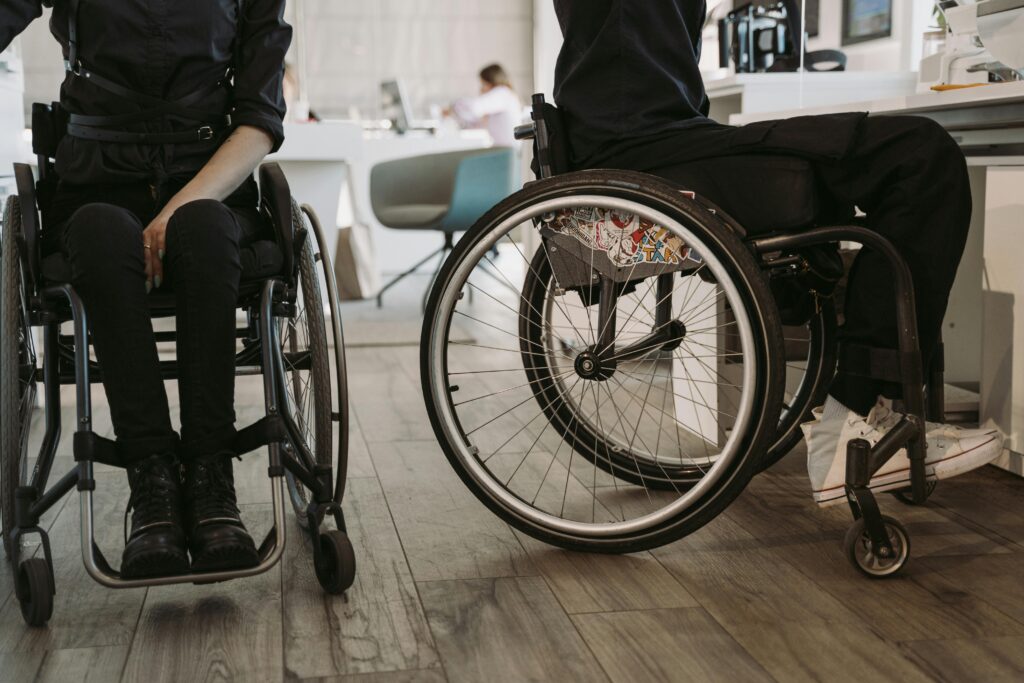Peyronie’s Disease (PD) is more than just a physical condition—it can profoundly affect a man’s confidence, relationships, and overall quality of life. Characterized by the development of fibrous scar tissue inside the penis, PD often leads to painful, curved erections and challenges in intimacy.
Fortunately, tools like the Peyronie’s Disease Questionnaire (PDQ) are transforming how this condition is assessed and managed, especially for non-English-speaking communities. This blog explores the PDQ’s role, its adaptation for Portuguese-speaking populations, and answers common questions about PD.

What is the Peyronie’s Disease Questionnaire (PDQ)?
The PDQ is a specialized tool designed to assess the physical and psychological impact of Peyronie’s Disease. It evaluates key areas such as:
- Symptom Severity: Penile curvature, pain, and sexual dysfunction.
- Emotional Distress: The psychological toll caused by the condition.
This tool helps patients and healthcare providers have meaningful discussions, leading to personalized treatment plans that address both physical and emotional needs.
Why Translation and Cultural Adaptation Matter
Originally developed in English, the PDQ needs careful adaptation to serve other linguistic and cultural contexts. For Portuguese-speaking populations, translation involves more than language—it requires cultural sensitivity to ensure relevance and effectiveness.

How It’s Done:
- Forward Translation: Translators create a draft in the target language.
- Synthesis: Translations are compared and merged.
- Backward Translation: Another translator reverses the process to verify accuracy.
- Expert Review: A team ensures cultural and linguistic precision.
- Pre-testing: A sample group tests the questionnaire for usability and clarity.
This process ensures the PDQ retains its validity, making it an indispensable tool in Portuguese-speaking countries like Brazil and Portugal.
How the PDQ Improves Treatment Management
The PDQ isn’t just a diagnostic tool—it’s central to the treatment journey:
- Pinpointing Problems: It helps assess the severity of symptoms and their impact on daily life.
- Tracking Progress: Patients can monitor improvements or setbacks over time.
- Personalized Care: Healthcare providers use it to tailor treatments, from medication to surgical interventions.
For Portuguese-speaking men, access to a well-adapted PDQ means better communication with doctors and a greater understanding of their condition.

Frequently Asked Questions About Peyronie’s Disease
1. What causes Peyronie’s Disease?
PD often develops from repeated trauma to the penis, which leads to scar tissue. Other factors like genetics, age, and certain health conditions may increase the risk.
2. What are the symptoms?
Typical symptoms include:
- A noticeable curve in the penis.
- Painful or difficult erections.
- Lumps or hard areas on the shaft.
- Reduced penile length or girth.
3. Is Peyronie’s Disease treatable?
Yes! Treatments range from non-invasive therapies (medications and injections) to surgical options for severe cases. Early diagnosis improves outcomes.
4. How does the PDQ help?
The PDQ allows patients to describe their symptoms and emotional state in detail, which is invaluable for creating a personalized treatment plan.
5. Can lifestyle changes help?
While lifestyle changes alone can’t cure PD, maintaining good overall health (e.g., quitting smoking, managing diabetes) can support treatment success.
Final Thoughts
Peyronie’s Disease may feel isolating, but tools like the PDQ ensure patients receive comprehensive, culturally sensitive care. For Portuguese-speaking men, the adapted PDQ bridges communication gaps, enabling better treatment and understanding.
If you or someone you know is struggling with PD, remember—you’re not alone. Talk to a healthcare provider, explore treatment options, and take the first step toward regaining confidence and quality of life.
Sources Cureus


